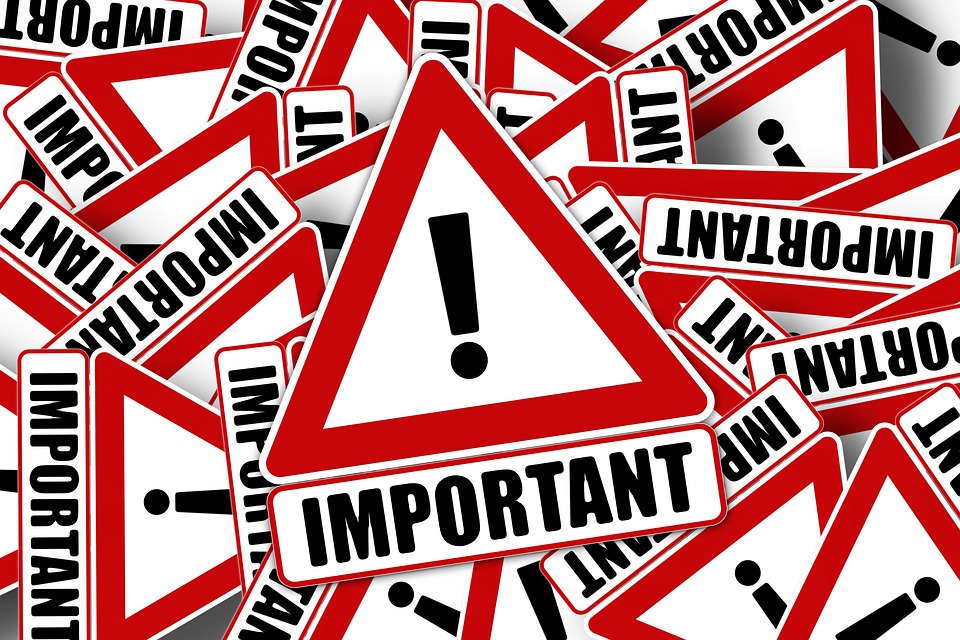Hydration for Athletes and Executives
The Importance of Hydration for Optimal Athletic Performance
The Importance of Hydration for Optimal Athletic Performance
Introduction
Staying hydrated is crucial for everyone, particularly athletes, as it directly affects their performance and overall health. Proper hydration ensures that athletes can perform at their best, maintain endurance, and recover efficiently. In this article, we will explore the significant impact of hydration on athletic performance and provide valuable insights into maintaining optimal hydration levels during training and competitions.
Why Hydration Matters
Water is essential for the functioning of every cell, organ, and tissue in the body. When athletes are dehydrated, their physical and mental performance declines significantly. Here are some reasons why hydration is vital for athletes:
1. Temperature Regulation
During exercise, the body temperature rises, and sweating helps cool it down. Adequate hydration replenishes fluids lost through sweating and allows the body to regulate temperature effectively, preventing overheating and heat-related illnesses.
2. Enhanced Performance
Dehydration can lead to decreased strength, power, speed, and endurance. Studies have shown that even mild dehydration, as low as 2% loss in body weight from fluids, can impair physical performance. Maintaining proper hydration levels ensures optimal athletic performance.
3. Improved Concentration and Mental Function
Water is essential for brain function, and dehydration can impair cognitive abilities such as focus, alertness, and decision-making. Ensuring hydration levels are adequate supports mental clarity and enhances an athlete’s ability to make quick and accurate decisions during training and competitions.
Optimal Hydration Strategies
Now that we understand the importance of hydration, let’s explore some effective strategies for maintaining optimal hydration:
1. Drink Enough Water
Athletes should aim to consume sufficient water throughout the day to meet their individual hydration needs. The National Athletic Trainers’ Association recommends consuming 17-20 ounces of water two to three hours prior to exercise and an additional 7-10 ounces 10-20 minutes before starting.
2. Electrolyte Balance
Electrolytes, such as sodium and potassium, are vital for maintaining proper fluid balance and muscle function. Including electrolyte-rich beverages or consuming foods like fruits and vegetables can aid in replenishing electrolytes lost through sweat.
3. Stay Consistently Hydrated During Exercise
During exercise, it is crucial to drink fluids regularly to compensate for fluid loss through sweat. The American College of Sports Medicine recommends consuming around 7-10 ounces of fluids every 10-20 minutes during physical activity.
4. Post-Exercise Hydration
Proper hydration doesn’t stop after exercise. Athletes should aim to replenish fluids within 30 minutes after their training or competition ends. Consuming fluids with electrolytes can aid in faster rehydration and recovery.
FAQs (Frequently Asked Questions)
Q: How does dehydration affect athletic performance?
A: Dehydration can impair athletic performance by reducing endurance, decreasing strength and power, and increasing fatigue. It can also lead to muscle cramps and decreased coordination, affecting an athlete’s overall performance.
Q: Is it possible to drink too much water?
A: While rare, it is possible to drink excessive amounts of water, leading to a condition called hyponatremia. Hyponatremia occurs when the body’s electrolyte balance is disrupted due to an excessive intake of fluids without adequate sodium replacement.
Q: Are sports drinks better than water for hydration?
A: Sports drinks can be beneficial during prolonged, intense exercise as they not only hydrate but also provide essential electrolytes and carbohydrates. However, for regular workouts or shorter durations, water is generally sufficient to maintain hydration.
Q: Can I rely on thirst as an indicator of hydration?
A: Thirst is not always a reliable indicator of hydration, as it is often not experienced until dehydration has already occurred. Therefore, athletes should establish a hydration routine and aim to consume fluids regularly, regardless of thirst.
Conclusion
Proper hydration plays a vital role in athletic performance. It promotes physical and mental well-being, temperature regulation, and overall endurance. Athletes should prioritize maintaining optimal hydration levels through consistent fluid intake, electrolyte balance, and post-exercise rehydration. By doing so, they can enhance their performance, reduce the risk of injuries, and achieve their full athletic potential.

